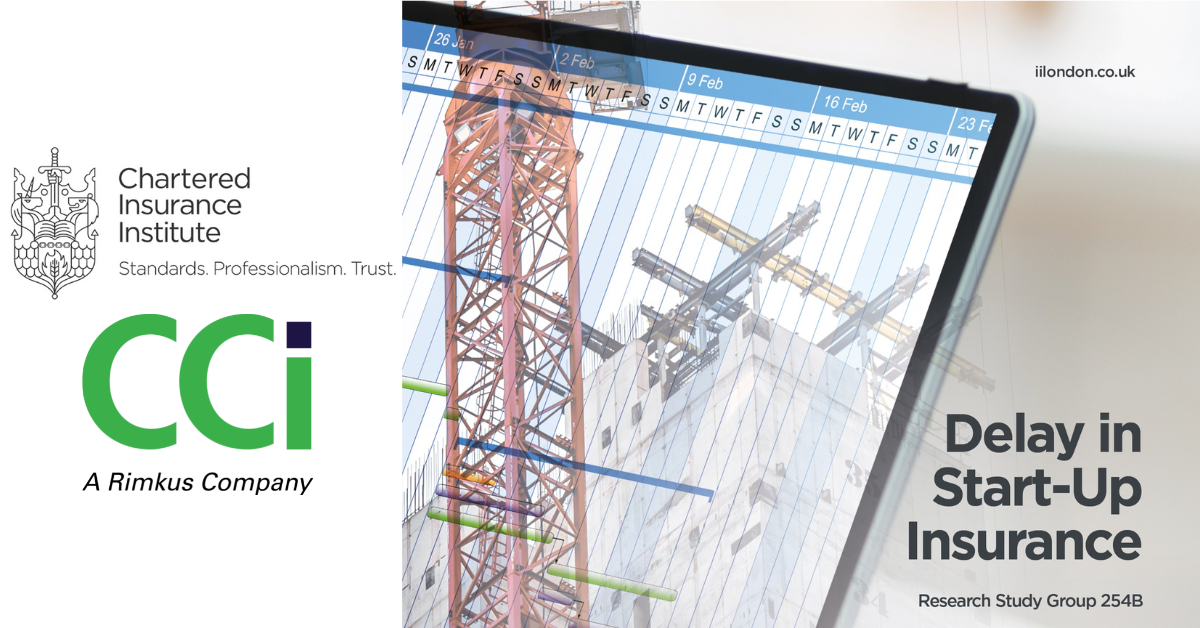Introduction
One of the best mentors I have been fortunate enough to work for once proclaimed “there is no difference in managing a schedule of work with 100 activities, 1,000 activities or 10,000 activities – everything will boil down to the basic fundamentals of good Project Controls and Planning practices”. Clearly this statement is debatable on many levels – we can all recall occasions when ‘over scheduling or planning’ has borne an unwieldy beast of a programme of work. The perennial bridesmaid of the unwieldy beast is the somewhat vague ‘schedule’ (in the loosest sense of the term) that claims to offer enough granularity of information over twenty activities that accurately reflect the engineering, procurement, construction and commissioning of a hydrostatic dam being constructed in one of the world’s most challenging environments. Both of these, and every connotation in-between, present challenges, headaches, tears and moments of euphoria!
CCi have a unique position without parallel, in the challenging arena of insurance claims associated with Business Interruption and Delay in Start-up. My colleagues and co-workers here at CCi represent a wide spectrum of time-served experienced professionals, spanning sectors from energy, renewables, civil, hospitality, pharmaceutical and many more all of whom share a common trait. All come to CCi with a structured and robust understanding of good project controls, planning procedures and philosophies.
The ability to substantiate and critically review engineering, time and cost estimates for like-for-like rebuilds of compressor trains from petrochemical processing facilities or steam fired power generation packages required for plant start up needs to be a joined-up approach. This approach must encompass best practices in aspects of Project Controls – the earlier example of a 10,000 activity schedule with hard constraints frivolously applied, open ended logic left with reckless abandon, inconsistent work calendars and many other nuances (unique to the Narnia of Scheduling) are sadly examples of poor Planning and Project Controls.
Following an event that causes either a Business Interruption or a Delay in Start-up of a facility or a building, CCi will assess the level of Planning and Project Controls that have been put in place by the Insured. Thorough analysis of information from many aspects of Project Controls regularly lead to inconsistencies in what the Insured feel are accurate claims.
Engineering, time and cost have to be considered a ‘hand in glove’ approach that is reliant upon one another in order to arrive at a conclusion that offers the Insurers confidence that accurate findings reflect the Insured’s property or facility following an event. A working knowledge of how structured Project Control practices are overarching to the engineering, cost and time elements of any claim, no matter what size are of paramount importance in arriving at an accurate CCi work product.

“Engineering, time and cost have to be considered a ‘hand in glove’ approach that is reliant upon one another in order to arrive at a conclusion that offers the Insurers confidence that accurate findings reflect the Insured’s property or facility following an event.”
Jon Ward, CCi Vice President – US


